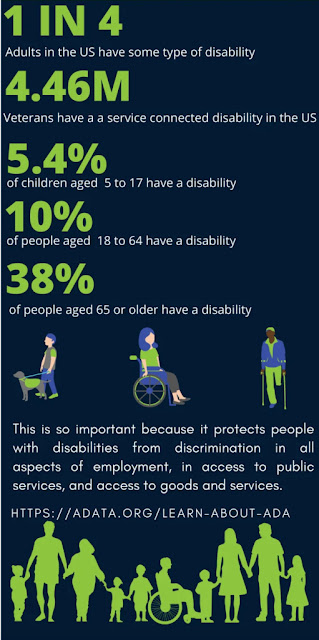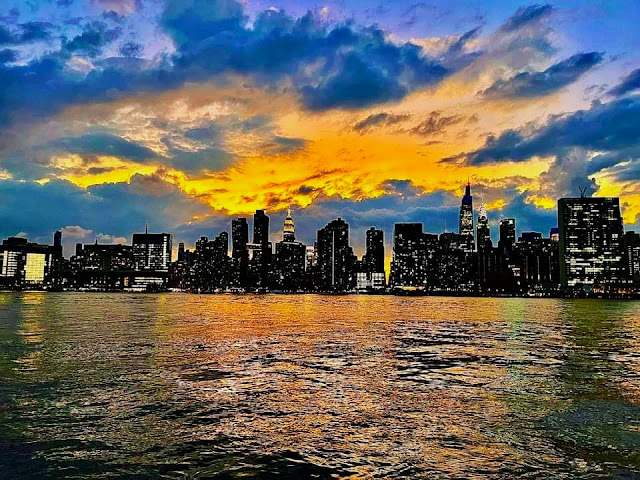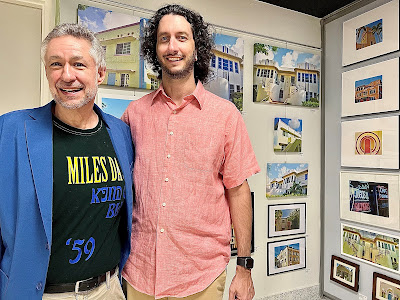MORE ACCESSIBLE FOR PEOPLE WITH DISABILITIES
Myth #3: People with disabilities are outliers, a fringe special interest.
While the need is huge, Miami—like most cities in America—budgets almost no money in its capital or operating budget specifically earmarked for barrier removal and improving
mobility for people with disabilities.
A landmark study published in the second quarter of 2023 by a group of Ohio State University researchers in the Journal of Transport Geography found that only 1% of Columbus, Ohio, is readily accessible to manual wheelchairs who use public transit.
The number only rose to 25% for power wheelchair users.

































